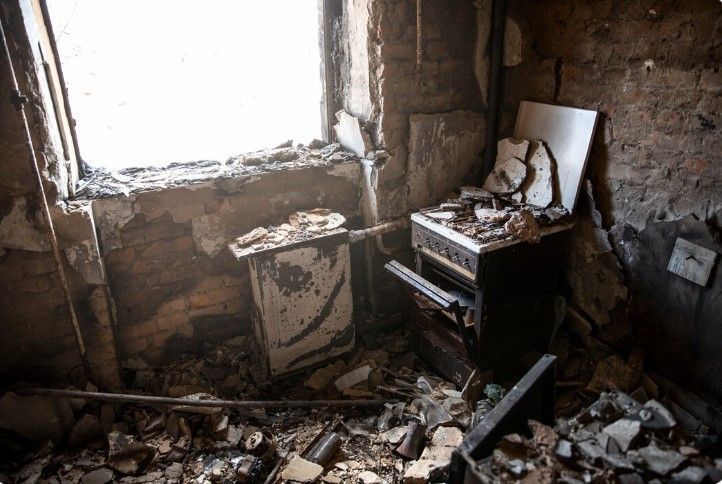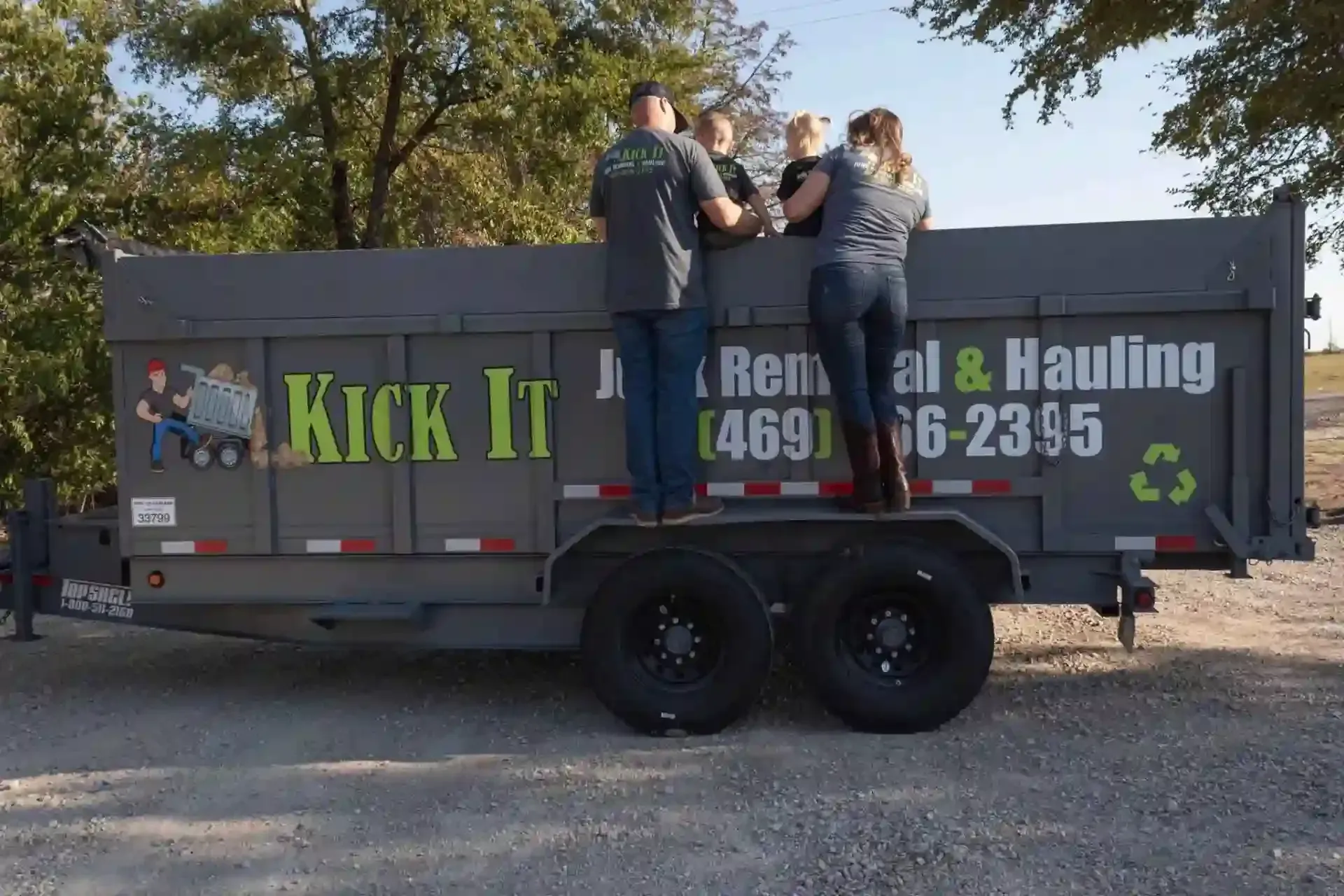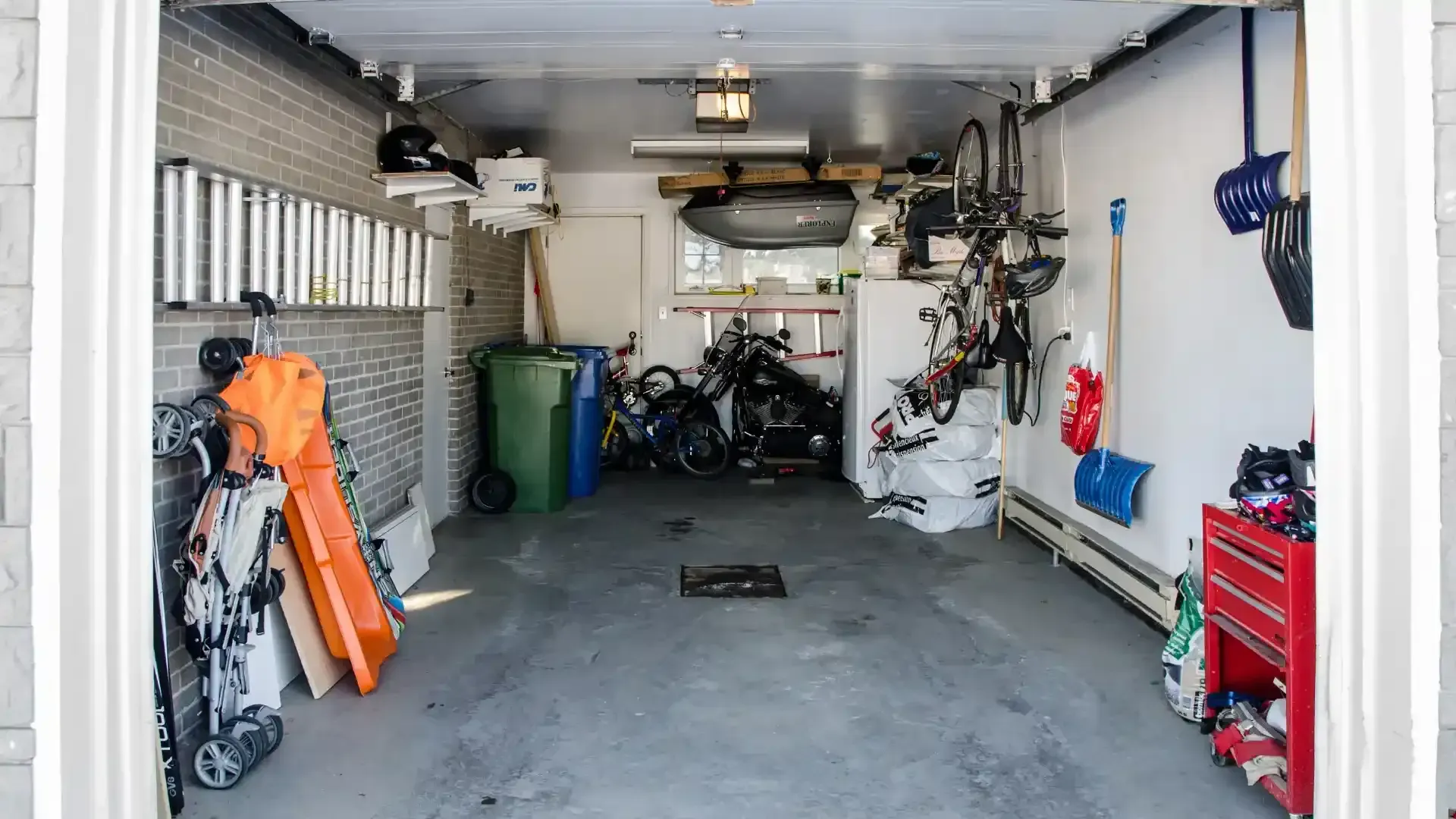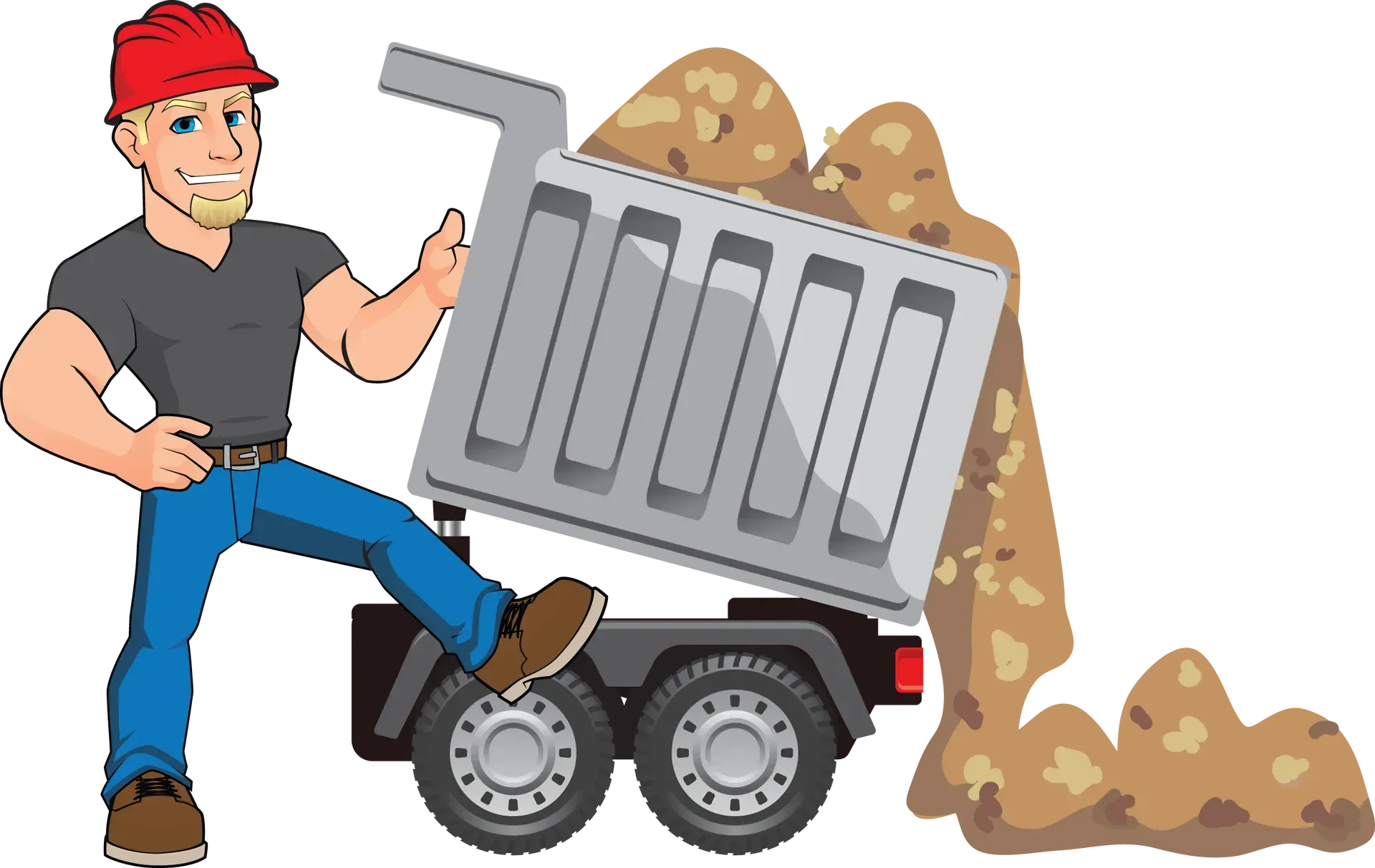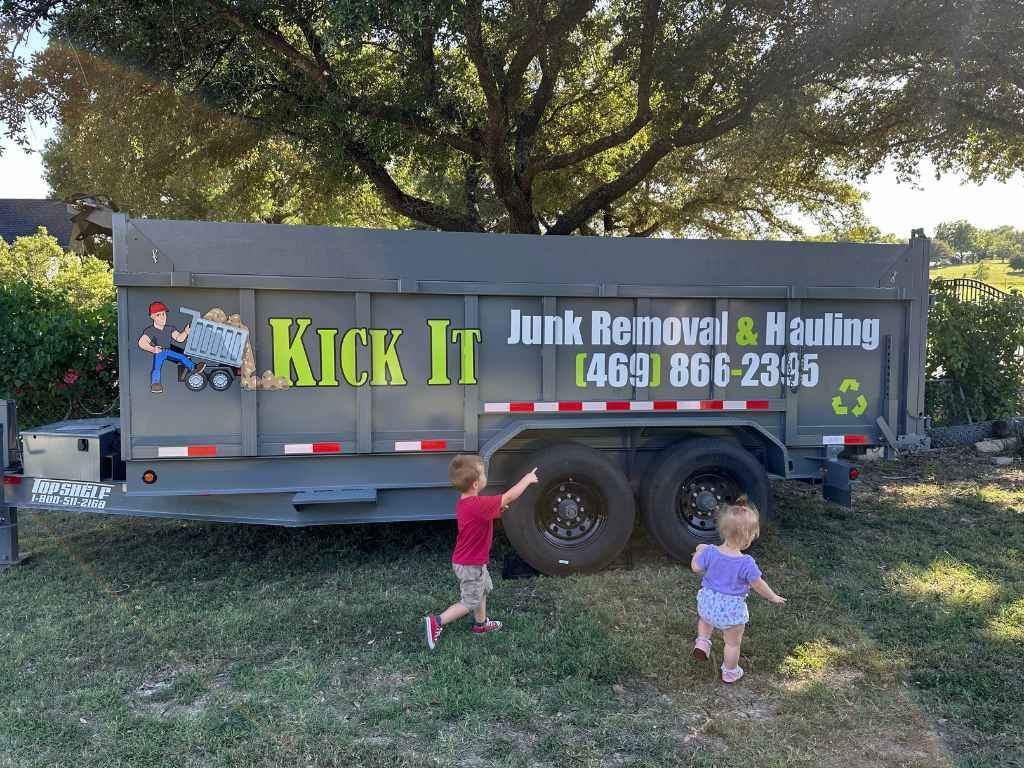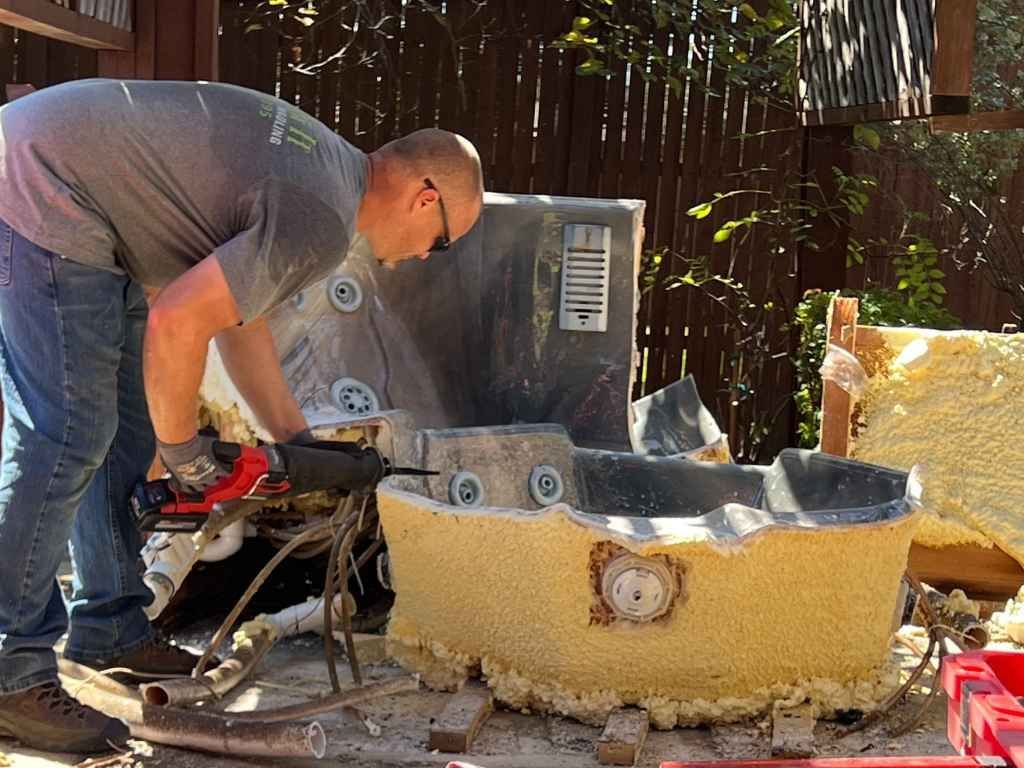How Scrap Metal Recycling Contributes to a Circular Economy
Scrap metal recycling isn’t just about clearing out unwanted items—it plays a vital role in how we manage and conserve resources. By giving discarded metal a second life through efficient, environmentally responsible recycling, we reduce the need for new mining, decrease landfill waste, and support local recycling industries. It’s a smart and sustainable way to ensure valuable materials don’t go unused.
Recycling scrap metal also contributes to a circular economy, where products and materials are reused and repurposed instead of being discarded. From old appliances and car parts to leftover construction debris, every item recycled helps conserve natural resources and minimize environmental harm.
How Scrap Metal Recycling Helps Drive the Circular Economy
Scrap metal recycling is a cornerstone in creating a circular economy. When metal products are discarded, they don’t have to be permanently wasted. Instead, through recycling, metals like steel, aluminum, and copper can be melted down and repurposed, extending their life cycle. This process helps reduce the demand for new raw materials, conserving natural resources and minimizing environmental impact. By recycling, we keep valuable materials out of landfills and give them a second chance to be used in manufacturing new products.
The circular economy thrives on reusing resources, and scrap metal recycling plays a vital role in this. It promotes sustainability by reducing energy consumption and cutting down on greenhouse gas emissions. Each piece of scrap metal that is recycled means less mining and less pollution, contributing to a cleaner, more sustainable future. The practice of recycling not only supports the environment but also generates jobs and economic growth, making it a key driver in the circular economy.
The Role of Scrap Metal Recycling in Building a Sustainable Future
As the world focuses on sustainability, scrap metal recycling is increasingly seen as an essential practice. Recycling scrap metal helps conserve precious natural resources by reducing the need to mine new materials. Metals such as aluminum and copper can be recycled multiple times without losing their quality, making them perfect for continuous reuse. This process lessens the environmental strain caused by mining, reducing the ecological footprint associated with the production of new metals.
Moreover, the scrap metal recycling industry helps build a sustainable future by creating a closed-loop system. By reusing metals, we reduce waste and prevent harmful materials from contaminating the environment. This contributes to a healthier planet, ensuring that future generations will have access to the resources they need. Through the effective management of scrap metal, we can create a sustainable economy that benefits both people and the planet.
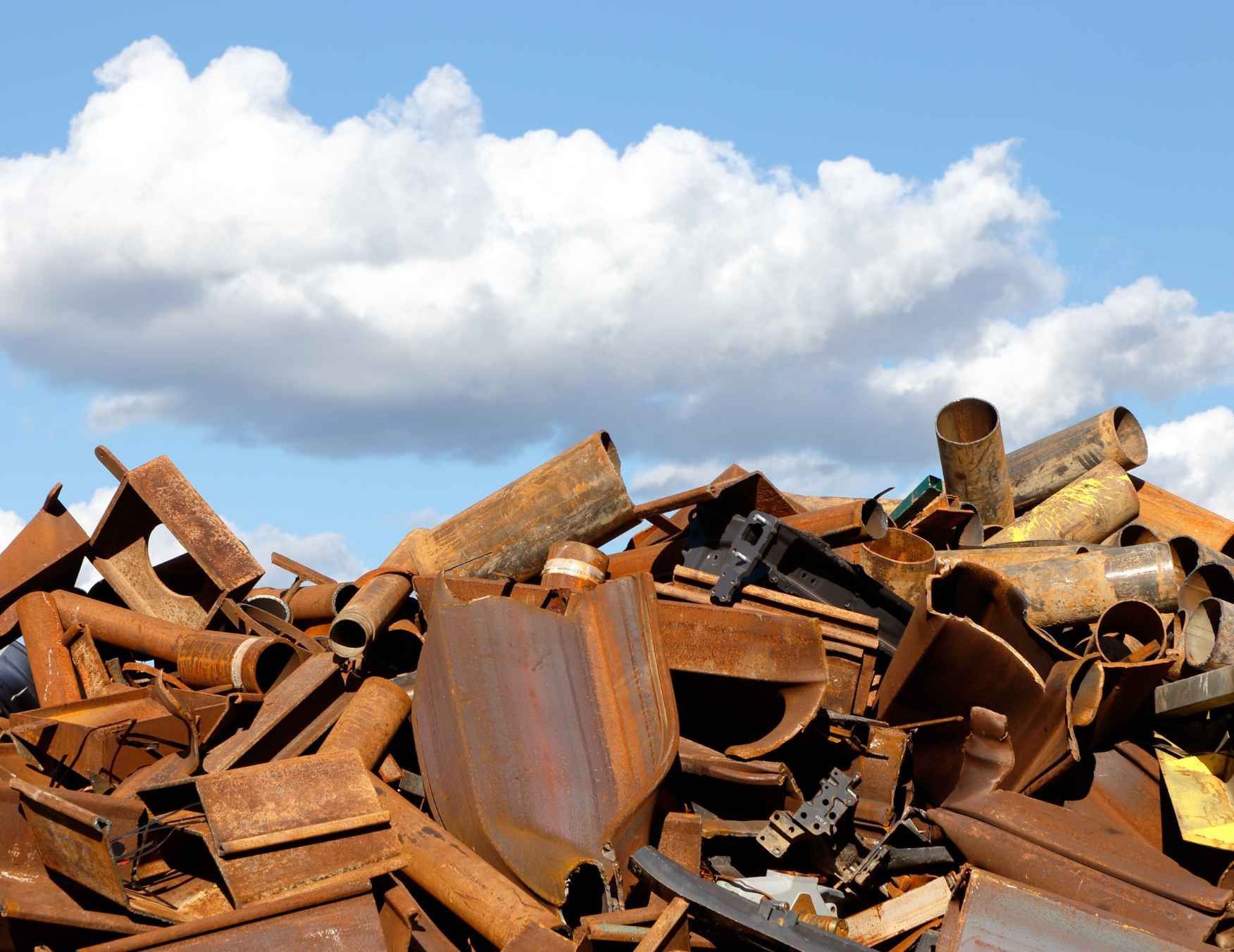
Why Scrap Metal Recycling is Essential for a Circular Economy
Scrap metal recycling is not just a way to reduce waste—it’s a key component of the circular economy. By recycling scrap metal, we prevent valuable resources from being lost and ensure that they remain in circulation. This process allows metals to be reused in manufacturing, reducing the need for mining and lowering energy consumption. It also reduces the strain on natural resources, ensuring that we don’t deplete them for future generations.
In a circular economy, the goal is to keep products and materials in use for as long as possible, and recycling plays a crucial role in achieving this. By recycling metals, we reduce pollution and waste, turning what would have been discarded into new, reusable resources. This not only helps protect the environment but also strengthens the economy by creating jobs in recycling industries and supporting sustainable practices in manufacturing.
The Impact of Recycling Scrap Metal on Resource Conservation
Recycling scrap metal is one of the most effective ways to conserve valuable natural resources. Metals like copper, aluminum, and steel are essential in various industries, but mining these metals can be environmentally damaging and energy-intensive. By recycling scrap metal, we reduce the need for new mining operations, cutting down on harmful environmental impacts like habitat destruction and pollution.
The act of recycling scrap metal also helps conserve energy. Producing metal from recycled material requires far less energy compared to mining and processing new ores. By choosing to recycle scrap metal, we conserve energy and reduce carbon emissions, making it an important practice for those aiming to lower their carbon footprint. Scrap metal recycling is a crucial part of resource conservation efforts, contributing to a more sustainable, eco-friendly future.
How Recycling Scrap Metal Supports Environmental and Economic Health
Recycling scrap metal plays a significant role in both environmental and economic health. By repurposing metal materials, we reduce the demand for new resources and cut down on the environmental damage caused by mining. Recycling metals reduces the need for energy-intensive processes, decreasing overall energy consumption and lowering carbon emissions. This results in cleaner air, healthier ecosystems, and reduced global warming potential.
Beyond environmental benefits, scrap metal recycling supports economic growth. The industry creates jobs in collection, sorting, and processing, contributing to local economies. By generating income through recycling operations, we encourage sustainable practices in communities worldwide. Recycling scrap metal is thus a win-win: it helps preserve the planet’s resources while boosting the economy and ensuring that materials are continuously reused in the manufacturing process.
Scrap Metal Recycling and Its Contribution to Sustainable Practices
Scrap metal recycling is at the heart of sustainable practices, helping to close the loop in resource use. When metals are recycled, they can be reused for the production of new products, reducing the need to mine and process raw materials. This not only helps conserve natural resources but also lowers the environmental footprint associated with metal production. By recycling metals like copper, aluminum, and steel, we significantly reduce the energy needed to create new materials.
Additionally, recycling scrap metal contributes to sustainability by reducing waste and pollution. Scrap metal that would otherwise end up in landfills is repurposed and turned into new products, keeping it out of the waste stream. This contributes to reducing landfill waste, conserving space, and protecting the environment from contamination. Scrap metal recycling is an essential part of a sustainable future, offering both environmental and economic benefits.
Understanding the Importance of Scrap Metal Recycling for a Circular Economy
In the context of a circular economy, scrap metal recycling plays an important role in promoting sustainability. When metals are recycled, they are reused in the production of new goods, which reduces the need for extracting new raw materials. This creates a more efficient system where resources are continually reused, minimizing waste and lowering environmental impact. The practice of recycling metals like aluminum, steel, and copper is key to reducing the overall carbon footprint of manufacturing.
The importance of scrap metal recycling extends beyond just environmental benefits. It also strengthens the economy by fostering industries that are focused on recycling and repurposing metals. By diverting scrap metal from landfills, we also reduce the pressure on land resources and contribute to a healthier environment. As we continue to move toward a circular economy, recycling scrap metal becomes increasingly crucial for maintaining the balance between economic growth and environmental protection.
The Connection Between Scrap Metal Recycling and a Greener Future
Scrap metal recycling is a powerful tool in creating a greener, more sustainable future. When metals are recycled, they are processed and reused instead of being disposed of in landfills, reducing the need for new mining operations. This not only saves valuable natural resources but also reduces the environmental impacts of mining, including habitat destruction and pollution. Recycling metals like aluminum, copper, and steel is an energy-efficient way to preserve resources and help build a more sustainable world.
A greener future relies heavily on practices like scrap metal recycling, which reduces waste and encourages resource efficiency. By recycling metal products, we decrease the need for harmful extraction processes, helping to protect ecosystems and conserve energy. This helps create a sustainable cycle where resources are continually reused, benefiting both the environment and the economy in the long term. Scrap metal recycling is a vital practice for achieving environmental sustainability and supporting a circular economy.
How Scrap Metal Recycling Reduces Waste and Promotes Sustainability
Recycling scrap metal is one of the most effective ways to reduce waste and promote sustainability. Metals are highly durable and recyclable, which means they can be reused multiple times without losing their quality. By recycling scrap metal, we prevent it from ending up in landfills, where it would take up valuable space and contribute to environmental degradation. Instead, these materials are repurposed, reducing the need for new metal production and conserving natural resources.
Moreover, recycling scrap metal plays a significant role in promoting sustainability by reducing energy consumption and carbon emissions. Creating new metals from raw materials is an energy-intensive process, whereas recycling uses less energy and produces fewer emissions. This not only conserves energy but also reduces the environmental impact of metal production. Scrap metal recycling is a simple yet powerful way to foster a more sustainable future, benefiting both the planet and the economy.
Conclusion
Recycling scrap metal isn’t just about reducing waste; it’s about creating a sustainable future where resources are used more responsibly. By embracing scrap metal recycling, we reduce the environmental burden of mining, conserve valuable natural resources, and lower energy consumption. This practice fits perfectly into a circular economy, where materials are continually repurposed, helping us cut down on pollution and preserve the planet for future generations.
If you’re ready to make a positive impact by recycling your scrap metal, Kick It Junk Removal & Hauling is here to help. Whether you’re cleaning out an old garage, getting rid of construction debris, or just looking to recycle metal waste, we make the process easy. Our team offers convenient pickup services, ensuring your scrap metal is recycled properly. For more details, contact us at 469-866-2395 or email Paul@kickitservices.com. You can also visit us at 14339 Stanley Lane, Forney, Texas 75126.

